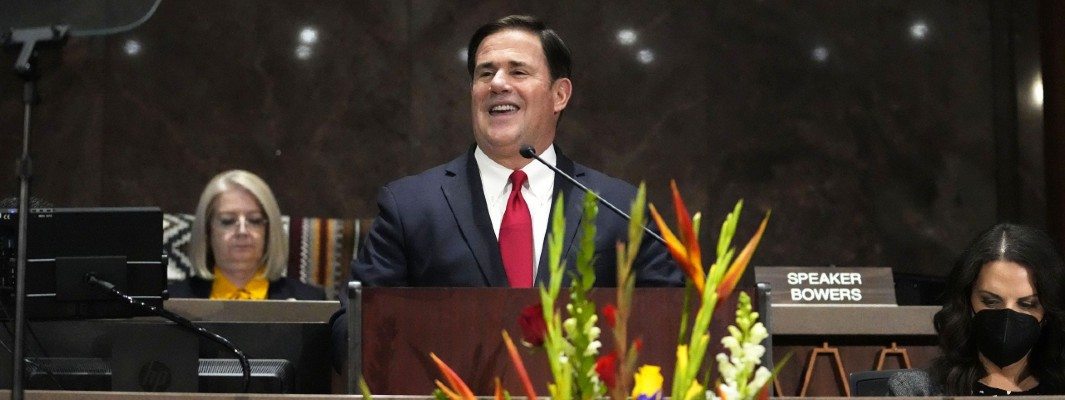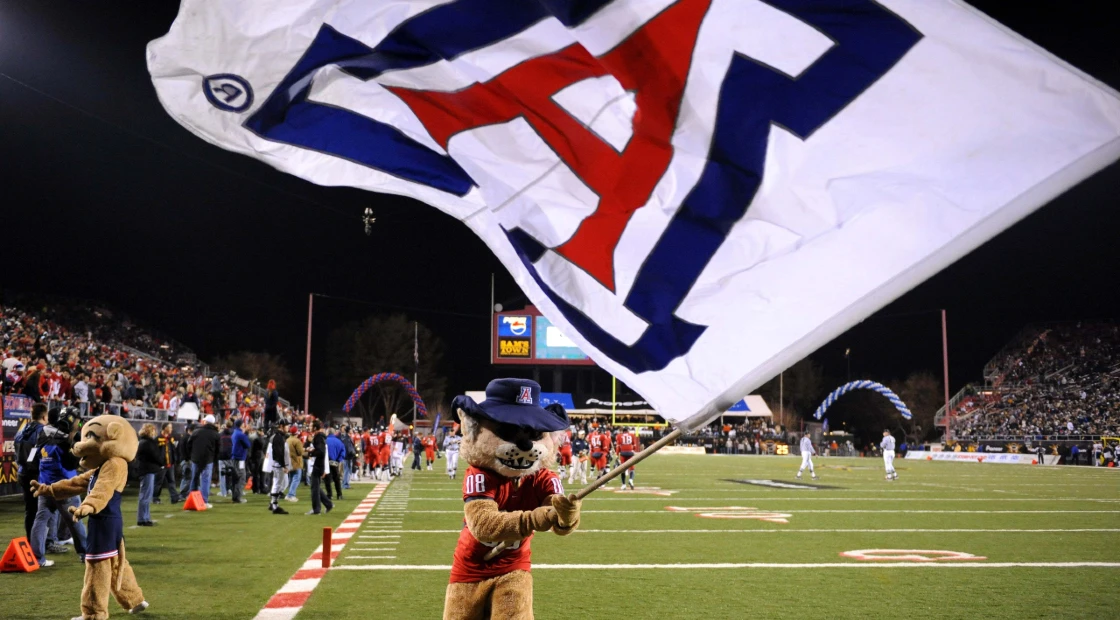Stakeholders involved in the Arizona sports betting lawsuit are requesting an extension of the settlement deadline.

The resolution of the Arizona sports betting lawsuit filed by the Yavapai-Prescott Indian Tribe against Arizona Gov. Doug Ducey and the state will be postponed.
Attorneys for Governor Ducey, Arizona Department of Gaming Director Ted Vogt, and the tribe submitted a collaborative status report last week, outlining a revised timeline for the lawsuit proceedings as they strive towards resolving the matter.
Both parties were given a 60-day extension in early November to discuss and come to an agreement.
The Implications of the Newest Update
The report states that the two sides have not reached a settlement after their meeting and discussions on the subject.
According to the report, the Parties have followed the Court’s Order by holding meetings and talks on the specified subjects. They have updated the Court on their efforts to work towards a settlement soon, although a final agreement has not been reached due to the complicated nature of the issues, involvement of numerous parties, and the recent holiday season.
During the settlement negotiations, a revised schedule for filing motions in the case was proposed, extending into April. The state had already submitted a motion to dismiss the case back in October.
The journey that led us to this moment
In late August, the Yavapai-Prescott Indian Tribe initiated legal action against Arizona betting apps, arguing that Arizona House Bill 2772, which legalized sports betting in the state, infringed upon the state’s Voter Protection Act and Proposition 202, which authorized gaming on Indian land.
Judge James Smith of the Superior Court dismissed the initial complaint filed in late August on Labor Day, ruling that the YPIT did not show the necessity of their legal action.
In his Labor Day order, Smith declared that the Tribe failed to show that H.B. 2772 is likely to infringe upon their rights regarding event wagering in comparison to Sports Franchise Owners. Furthermore, the Tribe did not present evidence that public policy aligns with their requested injunctive relief.
In late September, the Tribe submitted an updated complaint. However, in mid-October, the Governor’s legal team filed a motion to dismiss, stating that the Tribe’s tardiness in filing the complaint could have significant consequences for the 10 Arizona tribes and eight sports teams with sports betting licenses.
Further details about the most recent submission
Derrick Beetso, the director of Arizona State University’s College of Law Indian Gaming and Self Governance Programs, expressed optimism in an email to yengols.com that both parties are willing to work towards resolving their differences.
Beetso observed that while the parties remain hopeful about reaching a settlement, the process is progressing slower than expected. To ensure compliance with the judicial timeline and prevent any further delays for the judge, they have opted to resume court proceedings. It is probable that they will strive to find a resolution within the court’s designated deadlines, and restarting the court process could potentially aid them in reaching a resolution.

Author

Peterson Christopher has spent seven years reporting on sports and sports betting in Arizona, with previous roles at ArizonaSports.com, the Tucson Weekly, and the Green Valley News. He is currently the lead writer at yengols.com.
Cited by major media organizations, such as:














